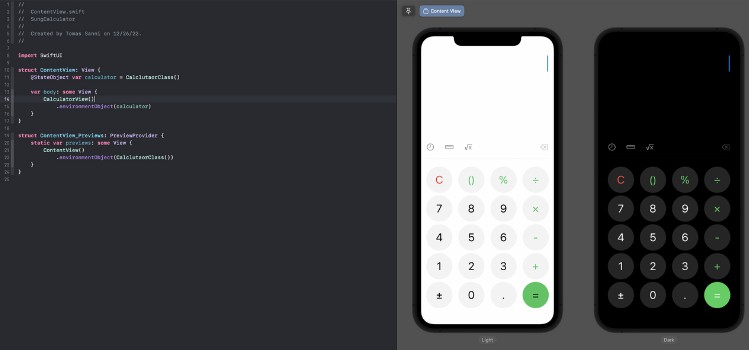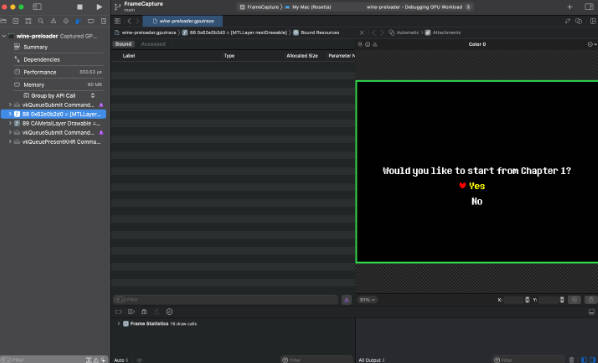LPMapView
? See the full documentation here.
A SwiftUI wrapper for MKMapView.
Overview
This offers a couple more features compared to SwiftUI.Map.
Usage
@State private var coordinateRegion: MKCoordinateRegion = ...
@State private var items: [MapViewAnnotation] = ...
MapView(
region: $coordinateRegion,
showsUserLocation: false,
userTrackingMode: .none,
annotations: items
)
.mapDisplayRoute() // connect annotations with lines
.mapAnnotations(.hidden) // hide annotation markers
.mapConfiguration(.hybrid) // use the hybrid map style
The above example usage would deliver a map view similar to this one:
Modifiers
There are a couple of modifiers available for configuring additional options for the map view.
mapDisplayRoute
Declaration
func mapDisplayRoute(
_ visibility: MapViewVisibility = .visible,
tint: Color = .blue,
width: Double = 5
) -> some View
Parameters
visibility: Whether or not the route will be visible.tint: The tint color of the route track.width: The line width of the route track.
mapAnnotations
Declaration
func mapAnnotations(
_ visibility: MapViewVisibility = .visible,
tint: Color = .red,
calloutEnabled: Bool = false,
fitInVisibleRect: Bool = false
) -> some View
Parameters
visibility: Whether or not annotations will be visible.tint: The default tint color of the annotation. This can be overridden by settingMapViewAnnotation/tintonMapViewAnnotation.calloutEnabled: Whether or not to show a detail callout when an annotation is selected. Note that this will only work if the annotation has a title.fitInVisibleRect: Whether or not to automatically adjust map zoom to fit all annotations.
mapConfiguration
Declaration
func mapConfiguration(
_ configuration: MapViewConfiguration,
elevationStyle: MKMapConfiguration.ElevationStyle = .flat
) -> some View
Parameters
configuration: A configuration option defining the map style.elevationStyle: Defines how elevation data is handled when rendering the map view.







